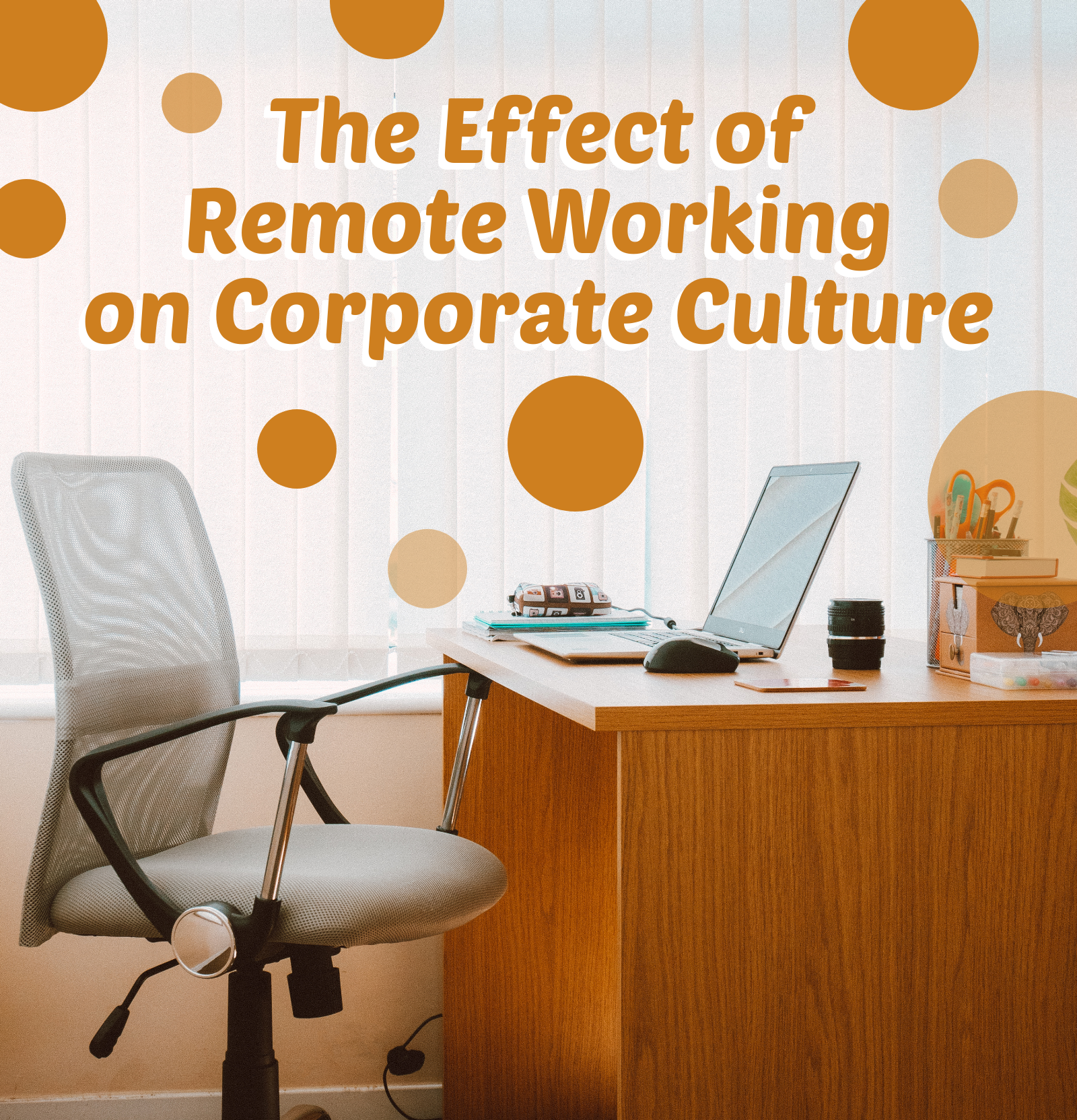
Is yours is one of the businesses clamoring to get your workforce back to the office? If so, then you’ll definitely want to read this. Equally, if you see working from home as the way forwards for your team, then what we’re discussing today should be on your radar too—because, thanks to the Covid-19 pandemic, your corporate culture is one of the most valuable assets at risk, and you might not even have realized it. If you are to weather these giant shifts in the way that businesses operate unscathed, then improving corporate culture should be at the top of your to-do list.
Don’t it always seem to go that you don’t know what you’ve got ’til it’s gone? In the Corona era, it’s a poignant lyric indeed—but perhaps not in the way that you imagine.
Even back when everyone came to work suited and booted, keeping track of evolutions within corporate culture was a substantial task for organizations of any size. That’s why we developed the Corporate Culture Audit here at Lauth Investigations—so that companies could enlist expert and strategic assistance is mapping out their current corporate culture standing, as well as plotting a course to reap the rewards of making sweeping improvements.
These days, when the closest interactions employers have with their teams is via a split-screen, old skill sets for fostering and reinforcing corporate culture have become redundant. But, if you’re thinking that mean you should roll back as soon as possible, hold your horses. According to research from FlexJobs, 65% of employees want to keep working from home after the pandemic, and a further 33% are fantasizing about a hybrid work arrangement. That likely means that only 2% of your entire staff are going to be coming back to the office with enthusiasm. There’s no question about it—the time has come to evolve.
Eliminating the Risks That Come With a Team Working From Home
What forges strong corporate culture? Constructive social bonds and a clear sense of the values and purpose of the organization at hand are vital ingredients—and these ingredients require communication and resources if their flavors are to take. While employees might be lauding the creature comforts of home and being able to ditch the commute, are they losing opportunities for critical relationship-building and meaningful interactions with leadership?
Sadly, many companies are already reeling, having not pivoted effectively. Research from Gallup highlighted that employees working from home are 10% less likely to feel that their contributions are being recognized, 10% less likely to think that someone cares about them at work, and among them, only 60% feel certain of what their company stands for. Meanwhile, the same research tells us that turnover is up 24%, which means that alarm bells should be ringing. This is companies putting their reputation and performance on the line in real-time, so its time to get serious about building corporate culture remotely.
Unlock the Potential of Working From Home With a Corporate Culture Audit
The key to improving corporate culture is investing in deepening working relationships, and the first step is understanding exactly where you are today, so you can plot a course for tomorrow. Without a solid overview technology can be an aid, but it can also be a crutch. To ensure that your evolving corporate culture strategy is on-point, turn to seasoned experts for guidance via a comprehensive Corporate Culture Audit.
This innovative process serves as a health check for your business, helping you better understand the dynamics at play within a team riding the wave of a fast-changing world. Corporate Investigators from Lauth Investigations will help you make sense of this new form of navigation—ensuring that you’re not only on track to weather the storm, but ultimately robust and thriving when the storm has passed and your competitors are still trying to get their bearings. Discover more about Corporate Culture Audits, or simply contact our team today to discuss your needs. As the landscape of business changes, the next evolution of your prosperity is our objective.



